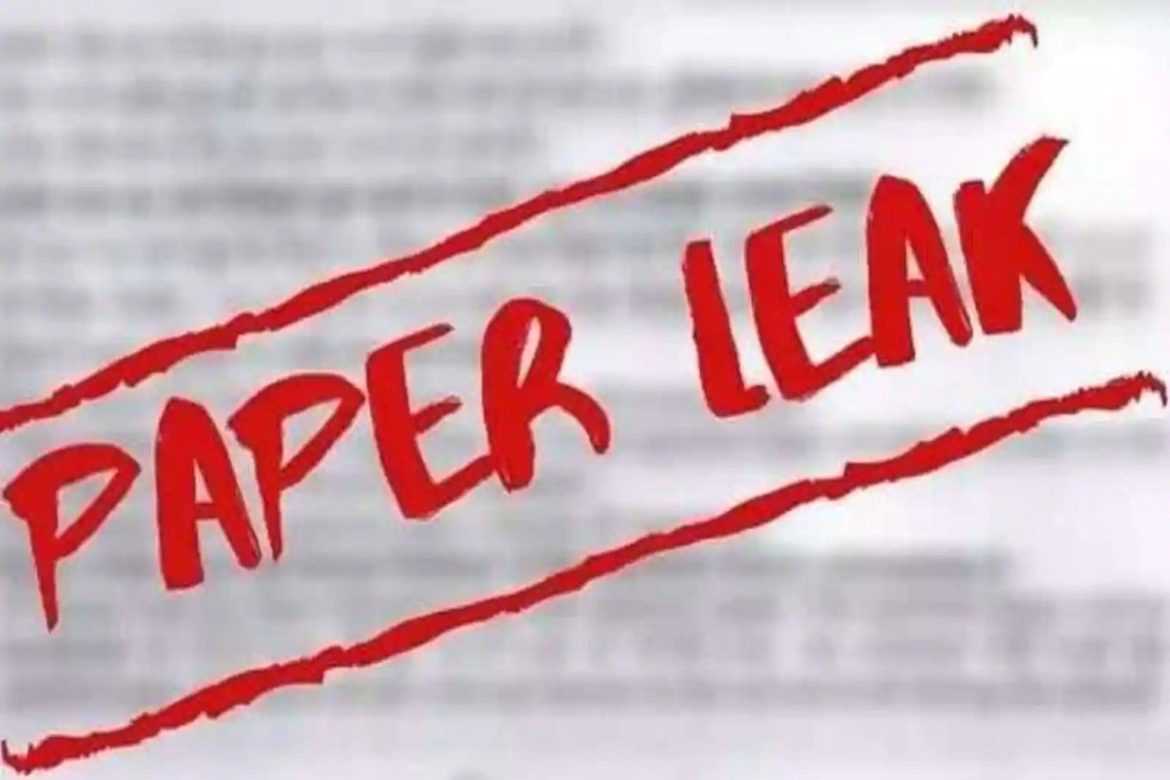After receiving harsh criticism for failing to prevent repeated leaks of question papers from government recruitment examinations for many years, the Bhupendra Patel-led BJP government proposed a Bill in the state Assembly on Thursday to create a special law to deal with such cases. If found guilty of the offence, the bill provides for up to ten years in prison and a fine of up to Rs 1 crore.
The bill was presented for discussion on the first day of the Gujarat Assembly’s budget session in Gandhinagar, despite opposition from the Congress. The Congress was generally in favour of the bill and referred to it as “der aaye durust aaye (better late than never)” but demanded that the state not charge the candidate an examination fee for taking the exams.
The opposition challenged the government for failing to protect the interests of lakhs of young people who took part in a slew of competitive exams whose question papers had been leaked. The bill was presented by Harsh Sanghavi, minister of state for home, amid sloganeering from Congress MLAs led by legislative party leader Amit Chavda.
The Bill was passed unanimously late in the evening. Cheating in Gujarat secondary and higher secondary Education Board exams was also proposed as a criminal offence in the bill. The government promised to fix the problem after Congress raised it.
If any person, whether entrusted or authorised with the conduct of public examinations or not, conspires or otherwise engages or attempts to engage in unfair means or contravenes or abets to contravene any of the provisions of the act, he or she shall be punished with imprisonment for a term not less than five years but not less than ten years, and shall also be liable to a fine, not less than ten lakh rupees.
It stated that the special law was an exception “There is an urgent need to restore public trust in the sanctity of selection to public positions, as well as to ensure fairness to candidates who invest time and resources in attempting to clear a selection. The government of Gujarat proposes to bring this legislation to check the use of unfair means in examinations in order to secure and sustain the public’s trust in general, as well as to ensure unquestionable trustworthiness in public recruitment examinations “According to the bill.



